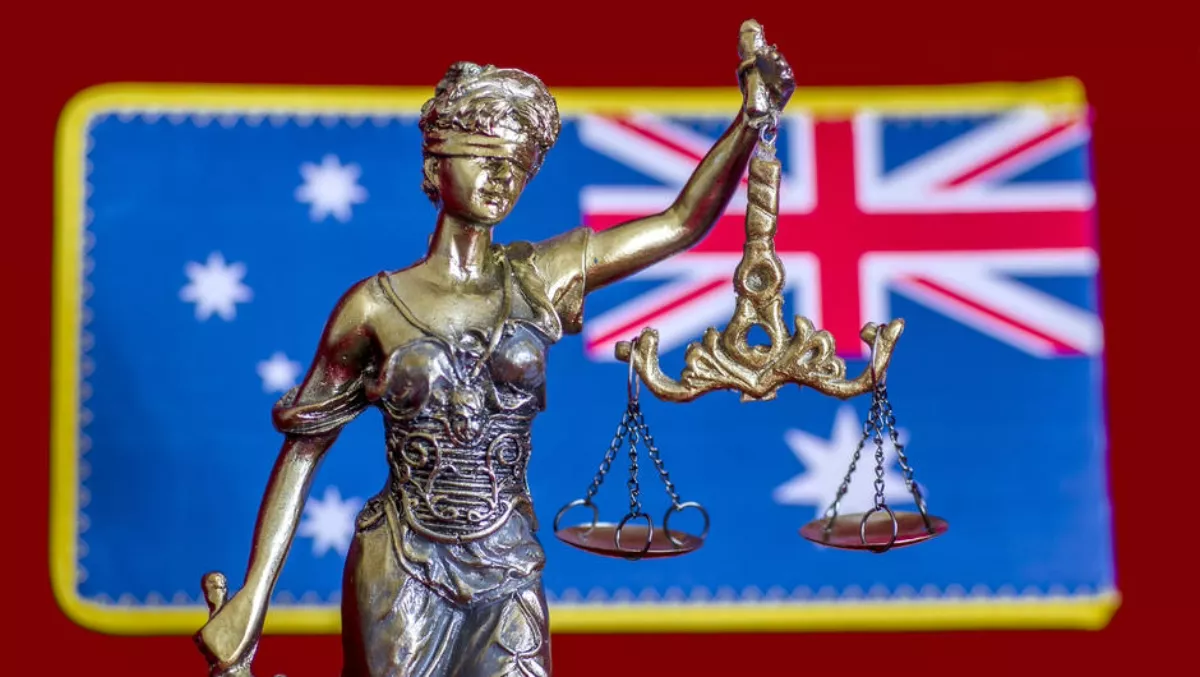
Centrelink has been cleared of any wrongdoing after it allegedly authorised the sharing of private information to an Australian media outlet, but privacy watchdogs Digital Rights Watch, the Australian Privacy Foundation and Electronic Frontiers Australia are furious about the result.
Last year beneficiary and writer Andie Fox criticised Centrelink's debt recovery services in an article. She alleged that Centrelink had released her personal information – including tax details - to Fairfax Media. Another journalist then used this information to publish an article countering Fox's claims.
“Australian citizens such as Ms Fox should be able to exercise freedom of speech, particularly in relation to offering opinions and criticisms of government services, without the threat of their personal information being broadcast to the world,” comments Digital Rights Watch chair, Tim Singleton Norton.
He says it is ‘extremely concerning' that the Office of the Australian Commissioner (OAIC) ruled that there was no privacy breach.
"To assume that the Australian Privacy Principles allow for release of information if a person has a 'reasonable expectation' is ludicrous, and tips the power way too much towards the holders of information rather than the individual,” Singleton Norton continues.
The watchdog groups warn that if government agencies can disclose somebody's personal information due to unfavourable media coverage, it can become a slippery slope.
“There is concern about the appearance that the privacy regulator may have been 'captured' by the Canberra federal bureaucracy and politicians after the government's thwarted 2014-15 campaign to abolish and defund it,” explains Australian Privacy Foundation chair David Vaile.
“Rather than independent and fearless protection for an individual being in effect told ‘you should have expected this smear campaign using you and your partner's personal information, so it's legal', the finding appears to normalise abuse of a legitimate complainant, who now has no other remedy. Ms Fox shared her personal experience of a system we know to have been a case study in IT governance failure: she did not deserve this kind of treatment”.
Vaile says that this could set a precedent for politicians in power who could leak information and smear anyone who complains about their treatment in public. This could also result in the exploitation of the “grossly disproportionate imbalance of power”.
“This would be a real attack on freedom of speech, and on the right to hold government to account, as well as on privacy and data protection. This also raises questions about inconsistencies between ‘open government' accountability policies and the ‘doxing' of a complainant.”
Electronic Frontiers Australia's Lyndsey Jackson adds that it is worrying to see such a fundamental breakdown of the right to freedom of the press.
“That someone would speak out and then a Minister would order a staff member to go rifling through an individual's personal file for ‘dirt' and then share it with the media is clearly an act of silencing dissent.” “Governments using the information Australians share with Centrelink, an agency people interact with at their most vulnerable point, to cover their own political agenda undermines public trust in the Privacy Act as well as trust in the OAIC having necessary autonomy,” Jackson concludes.
